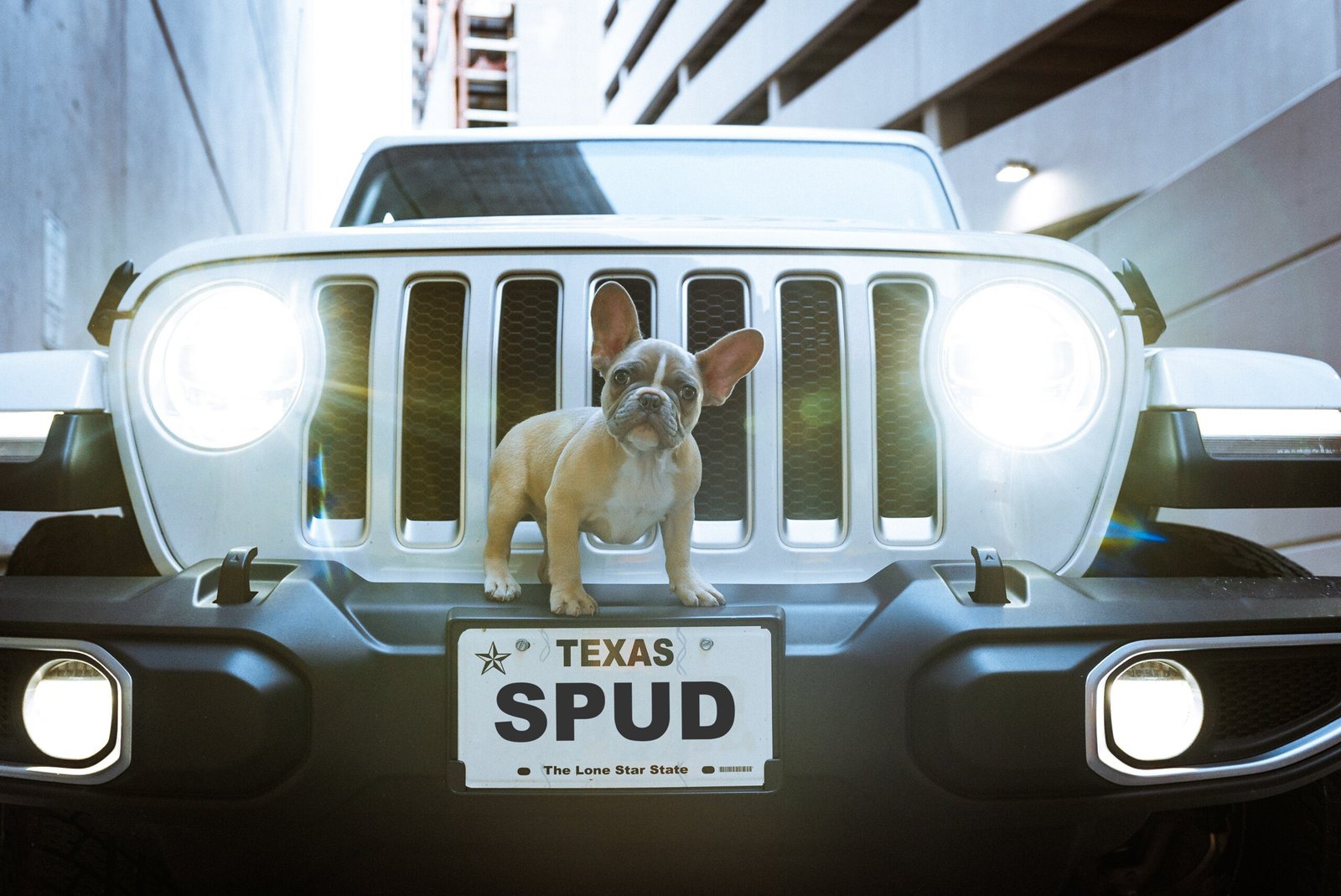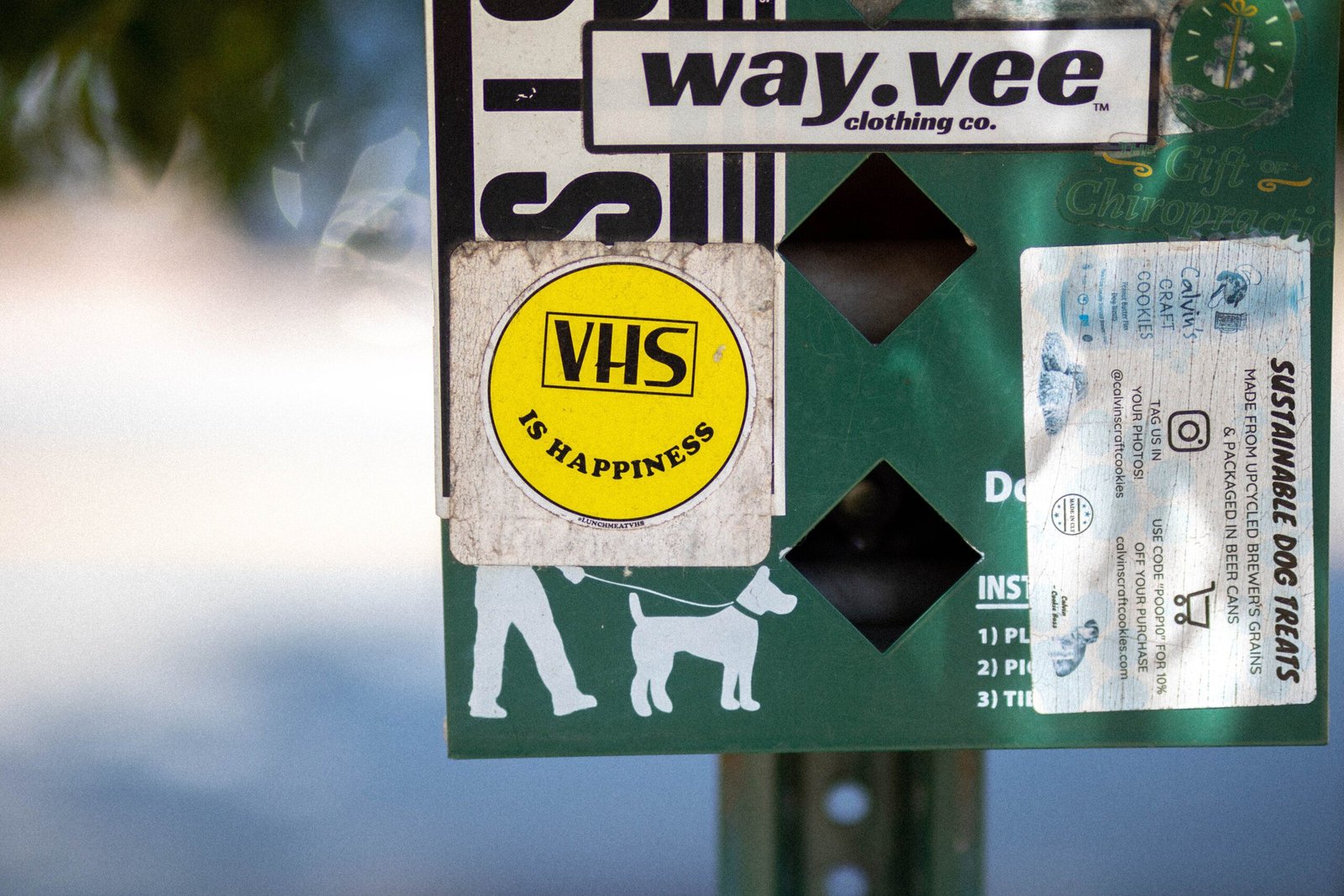Table of Contents
Hey there! Ready to get your furry friend a license? If you’re living in Singapore and you’ve got a dog, it’s important to know the ins and outs of applying for a dog license. In this article, we’ll give you all the information you need to navigate the process smoothly. From the required documents to the application procedure, we’ve got you covered. So sit back, relax, and let’s get your dog officially licensed in Singapore!

1. Determine the Dog License Requirements
1.1 Types of Dog Licenses in Singapore
Before applying for a dog license in Singapore, it’s important to understand the different types of licenses available. There are two types of dog licenses in Singapore: the Individual Dog License and the Kennel License.
The Individual Dog License is for owners who have one or two dogs. This license allows owners to keep their dogs in their homes or take them for walks. On the other hand, the Kennel License is for owners who have more than two dogs or who operate dog-related businesses such as dog breeding or training facilities.
1.2 Eligibility Criteria for Owning a Dog
To be eligible for a dog license in Singapore, certain criteria must be met. First and foremost, you must be at least 16 years old to apply for an Individual Dog License. Additionally, you must be a Singapore citizen, Permanent Resident, or hold a valid employment pass or student pass.
For the Kennel License, the eligibility criteria may vary. It’s important to check with the relevant authorities to ensure you meet all the necessary requirements before applying for a Kennel License.
1.3 Documents Required for Dog License Application
To apply for a dog license in Singapore, you will need to prepare several documents. These documents include proof of identity and residency, proof of ownership, vaccination records and certification, and neutering certificates (if applicable).
2. Prepare the Necessary Documents
2.1 Proof of Identity and Residency
To prove your identity and residency, you will need to provide a copy of your NRIC (National Registration Identity Card) or passport. This document is essential to verify your eligibility and ensure that you meet the requirements set by the authorities.
2.2 Proof of Ownership
To prove ownership of your dog, you will need to provide documentation such as the sales receipt, adoption papers, or transfer of ownership documents. This ensures that you are the rightful owner of the dog and are responsible for obtaining a license for it.
2.3 Vaccination Records and Certification
Vaccination records and certification are crucial in ensuring the health and safety of your dog as well as the community. You will need to provide proof that your dog has received the necessary vaccinations, such as the rabies vaccination, as required by the authorities. This helps prevent the spread of infectious diseases and ensures the overall well-being of your pet.
2.4 Neutering Certificates
If your dog has been neutered, you will need to provide the relevant neutering certificates as part of the application process. Neutering helps control the population of stray dogs and is encouraged by the authorities. By providing these certificates, you demonstrate your responsible pet ownership and contribute to the welfare of all dogs in Singapore.

3. Visit the Nearest Pet Clinic or Veterinary Clinic
3.1 Finding the Nearest Pet Clinic
To start the process of obtaining a dog license, you will need to find the nearest pet clinic or veterinary clinic in your area. These clinics are authorized to assist with dog licensing and can provide you with the necessary forms and guidance throughout the application process.
3.2 Booking an Appointment
Once you have identified the nearest pet clinic or veterinary clinic, it is advisable to make an appointment. This ensures that you have dedicated time with the clinic staff to complete the necessary steps for your dog license application. Booking an appointment in advance also helps streamline the process and reduces waiting time.
3.3 Collecting Required Forms
When visiting the pet clinic or veterinary clinic, you will need to collect the required forms for your dog license application. These forms may include the License Application Form and the Microchip Registration Form, among others. It is important to carefully read and fill out these forms, providing accurate information to avoid any delays in the application process.
4. Complete the Application Forms
4.1 License Application Form
The License Application Form is an essential part of the dog license application process. It typically requests information such as your personal details, contact information, and details about your dog, including its breed, color, and gender. Make sure to provide accurate information to ensure a smooth application process.
4.2 Microchip Registration Form
Microchipping is a mandatory requirement for dog licensing in Singapore. As part of the application process, you will need to complete the Microchip Registration Form. This form collects information about the microchip that will be inserted into your dog for identification purposes. It is important to ensure that the microchip details are accurate and up to date.

5. Pay the License Fee
5.1 Fee Structure for Dog Licenses
While applying for a dog license, you will be required to pay a license fee. The fee structure for dog licenses in Singapore varies depending on the type of license and the number of dogs you own. It is essential to familiarize yourself with the fee structure to ensure you are prepared to make the necessary payment.
5.2 Accepted Modes of Payment
When paying the license fee, it is important to note the accepted modes of payment. Pet clinics and veterinary clinics typically accept various modes of payment, including cash, credit cards, and in some cases, online payment methods. Ensure that you have the necessary payment method available to complete the transaction smoothly.
6. Schedule a Dog Licensing Appointment
6.1 Booking an Appointment with AVA
To complete the dog licensing process, you will need to schedule an appointment with the Agri-Food & Veterinary Authority of Singapore (AVA). The AVA is responsible for overseeing the licensing of dogs in Singapore. You can book an appointment either online or by calling their hotline. Follow the instructions provided to secure your appointment slot.
6.2 Alternate Licensing Agencies
In addition to AVA, there may be alternate licensing agencies available in Singapore. These agencies are authorized by the AVA to facilitate the dog licensing process. If you are unable to secure an appointment with AVA, it is advisable to check for alternate licensing agencies in your area.
7. Attend the Dog Licensing Appointment
7.1 Bringing Your Dog for Microchipping
During the dog licensing appointment, you will be required to bring your dog for microchipping. This involves the insertion of a small microchip under your dog’s skin, usually between the shoulder blades. Microchipping is a painless and quick procedure that helps identify your dog in case it gets lost or involved in any legal matters.
7.2 Meeting the Licensing Officer
At the licensing appointment, you will meet with a licensing officer who will verify your documents and review your application. It’s essential to bring all the required documents in original and photocopy form for inspection. The licensing officer may ask you additional questions or request further documentation if necessary.
7.3 Submission of Required Documents
During the appointment, you will be required to submit all the necessary documents for your dog license application. The licensing officer will review the documents and ensure that everything is in order. Once the documents are accepted, the officer will proceed with further processing and issuance of the dog license.
8. Receive the Dog License
8.1 Processing Time
After attending the dog licensing appointment and submitting the required documents, the processing time for the dog license may vary. Typically, it takes a few weeks for the license to be processed and issued. However, the exact processing time may depend on various factors, including demand and workload at the licensing office.
8.2 Collection of Dog License
Once your dog license is ready for collection, you will be notified by AVA or the licensing agency. You can then visit the designated office to collect your dog license. Make sure to bring your identification documents for verification purposes. Upon collection, carefully review the license and ensure that all the information is accurate.
9. Renewing the Dog License
9.1 License Renewal Period
Dog licenses in Singapore typically need to be renewed annually. The renewal period starts from the issuance date of the original license. It is essential to remember the renewal date and take the necessary steps to renew your dog license within the specified timeframe.
9.2 Renewal Procedure
To renew your dog license, you will need to follow a similar procedure as the initial application. This includes updating the necessary forms, providing updated documents such as vaccination records, and paying the renewal fee. Check with AVA or the licensing agency for specific instructions on the renewal process.
9.3 Late Fees and Penalties
Failing to renew your dog license within the specified timeframe may result in late fees or penalties. It is important to adhere to the renewal schedule to avoid any additional charges and ensure that your dog remains compliant with the licensing requirements.
10. Requirements and Responsibilities of Dog Owners
10.1 Leash and Muzzle Regulations
As a responsible dog owner in Singapore, it is important to be aware of leash and muzzle regulations. In public areas, dogs are generally required to be on a leash, and certain breeds may also be required to wear a muzzle. Familiarize yourself with these regulations and ensure that you comply with them when taking your dog out.
10.2 Owning a Restricted Breed or Crossbreed Dog
Certain dog breeds are considered restricted breeds in Singapore. These breeds require additional permits and may need to meet specific conditions to be owned legally. If you own a restricted breed or a crossbreed of a restricted breed, make sure to understand the regulations and obtain the necessary permits to ensure compliance.
10.3 Upkeeping Vaccination and Medical Records
Maintaining up-to-date vaccination and medical records is vital for the health and well-being of your dog. Regularly visit a veterinarian to ensure that your dog receives all the necessary vaccinations and medical care. Keep a record of these vaccinations and medical treatments, as they may be required for future license renewals or other official purposes.
In conclusion, applying for a dog license in Singapore involves several steps and requirements. It is important to familiarize yourself with the different types of licenses, eligibility criteria, and necessary documents. By following the outlined process, attending appointments, and complying with regulations, you can successfully obtain and renew a dog license, ensuring the responsible ownership of your furry friend.



